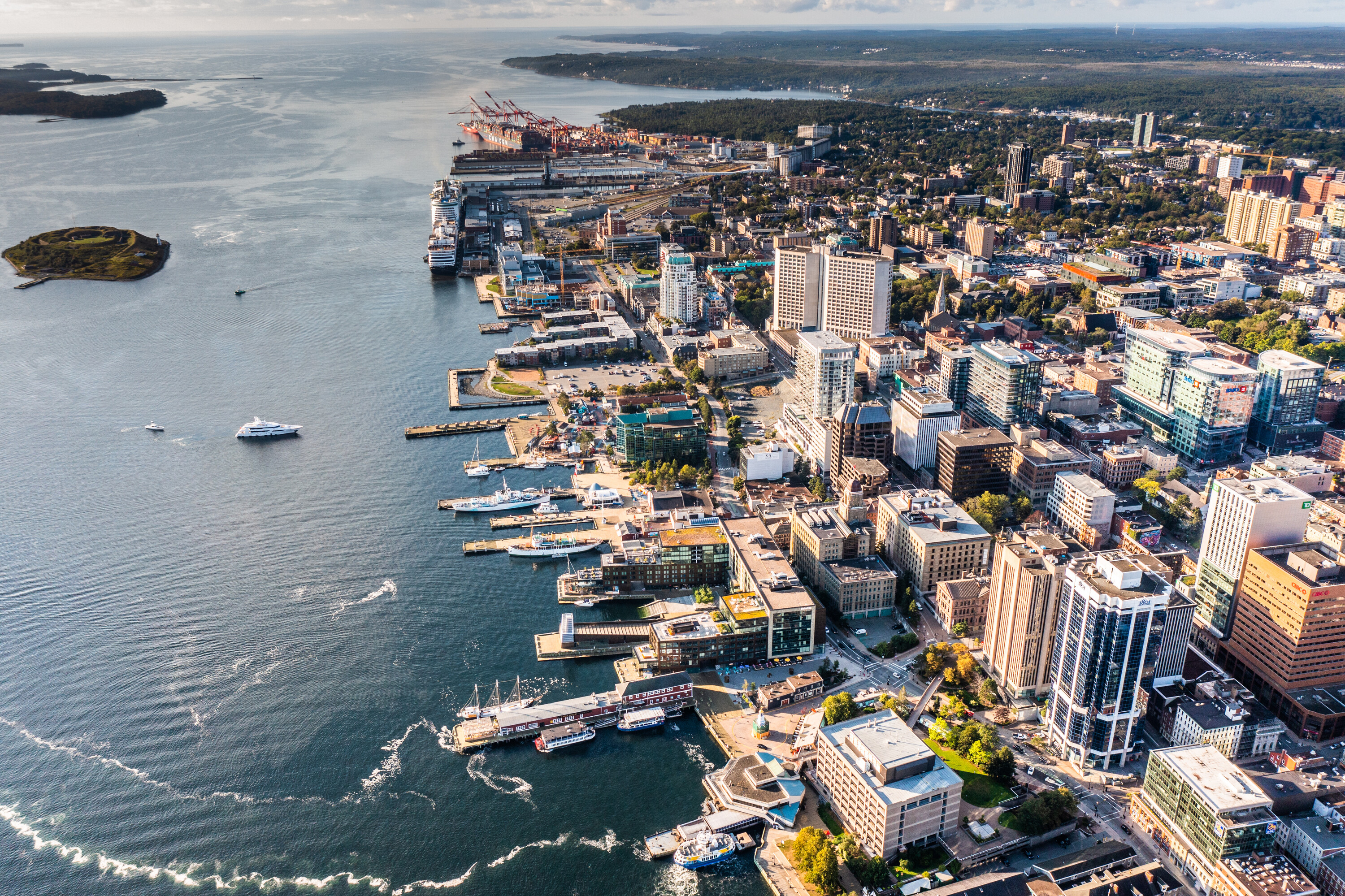Canada’s undeniable reality is that the climate crisis is upon us. And with Canadian municipalities being home to over 80 per cent of the national population, our towns and urban centres are both hotbeds of emissions and epicenters of climate-related disasters.
Since 2019, over 660 Canadian municipalities have declared climate emergencies, highlighting the increasing impacts of our rapidly warming climate. It’s clear that regions all across the country need to implement sustainability strategies, and fast.
But with the enormous task, comes an opportunity for Canadian municipalities to step up and lead the way to net zero. With approximately half of Canada's GHG emissions influenced by municipalities, they hold the key to critical solutions to this immense challenge.

Through Foresight’s deep-rooted connections within Canada’s cleantech ecosystem, we’ve identified that, while municipalities across Canada are eager to implement net zero strategies, many are facing major barriers that are hindering the process of adopting clean technology solutions to support progress toward their goals.
With this in mind, Foresight Canada has spent the past several months undertaking a rigorous discovery process to better understand the key barriers that are hindering progress toward municipal net zero and sustainability goals, identify champions, and co-create solutions.
The process included peer-to-peer discovery roundtables with municipal net zero champions, administrators, city management staff and project managers, engineers, and asset managers in eight provinces and territories from coast to coast. In parallel, we conducted one-on-one outreach with a variety of relevant stakeholders and rightsholders.
Here’s a preview of what we found:
- Budget and capacity are the most significant barriers, regardless of municipality size. Any successful programs must build capacity and reduce costs.
- Buildings, transportation, and energy are the most common top priorities for net zero Infrastructure upgrades will be necessary for municipalities to meet their net zero goals (e.g. electricity grid upgrades to support electrification needs).
- Where municipalities are demonstrating leadership in innovation/cleantech adoption, it is because they have been able to tap into existing opportunities (e.g. solar credits, federal or provincial funding programs, industry interest).
- Policy and regulations are driving the behaviour (e.g. building codes, committed carbon budgets). In the absence, there is no obligation to to spend more to choose a more sustainable solution.
- Where there is council and/or political support, often municipal staff don’t feel qualified to develop and assess sustainability criteria in procurement processes.
- A repository showcasing the breadth of available solutions will support asset managers during the market research stage of RFP development, likely leading to specifications that are more inclusive of net zero solutions.
- Municipal staff value opportunities to network and share learnings, both through live events and shared case studies, including contract language and clauses used in successful innovative procurement processes across Canadian municipalities.
Municipalities are at various stages in the net zero transition across the country. Project managers, who are responsible for implementing net zero and sustainability policies within cities and towns, are often incentivized to continue to do business as usual, as new emissions targets mean expanded workloads. Staff capacity is a key barrier to overcome in the transition to net zero communities. While city and town councils often approve new emissions targets and sustainability commitments, project managers and department heads are often left to figure out how to achieve them within their existing budgets and staff resources.
With all of these key insights coming to light, we knew that we had to streamline the process in order to help the individuals in charge of implementing net zero plans make them a reality. In order to do that, we will develop a suite of solutions that supports these end-users and enables the transition to a net zero economy through the Cleantech Adoption Platform (CAP).

The Cleantech Adoption Platform — Canadian Municipalities’ Map to Net Zero
Our Cleantech Adoption Platform is a municipal capacity-building program that uses an integrated approach to remove and lower barriers faced by municipalities in achieving their climate and sustainability targets, in particular around the adoption of clean technology solutions. The program meets municipalities where they are, including:
- Training and development for key municipal staff supporting the integration and assessment of sustainability metrics in procurement processes
- Education and support in accessing regional, provincial, and federal programs to support net zero and sustainability initiatives
- Regional buyer groups and cooperative procurement processes to enable economies of scale and increase efficiencies in procurement
- Convening and networking opportunities for Canadian municipalities to share successes and learnings
- A directory of ready-to-deploy Canadian clean technology solutions to de-risk selection and purchasing
- Strategic partnerships with organizations leading advocacy efforts across various levels of government to enable municipal climate and sustainability action
We believe that this tool will be a critical component that will enable Canadian municipalities to achieve their net zero targets.
Our initial target municipalities will be those that have a net zero or sustainability plan in place. We need to continue to build relationships within municipalities, in particular with project managers, to better understand their needs. Over the next 18 months, Foresight Canada will bring this tool to life through case study and training material development, key interviews and feedback gathering, and pilot projects with at least 3 municipalities — all of which will make a tangible impact on municipalities across the country.
Accelerating domestic cleantech adoption is an enormous challenge. But with the support of Canada’s powerful cleantech community, we’re confident we can make it happen.



